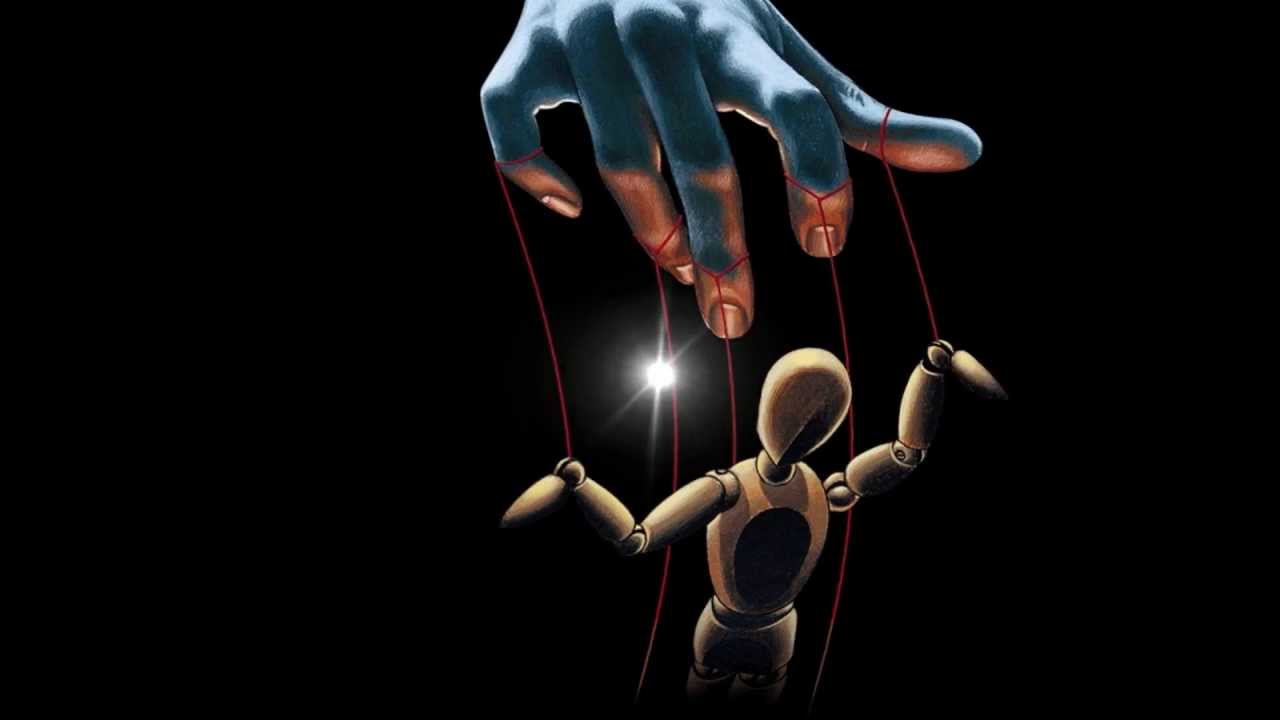If God knows all things, how can we really have free will? After all, He already knows every “choice” we will ever make. What we eat each day, whether we take the bus or walk, how we will die, if we will join Him in Heaven. And because of this, (supposedly) we aren’t really making choices. Instead, it seems we’re walking a predestined path, one God has already foreseen.
Unfortunately, it isn’t that simple. We do have free will, because God knowing all things does not mean He orchestrates all things. In this post, we take some time to deeply define what free will is. Then, we explain the difference between omniscience and predetermination.
Estimated reading time: 5 minutes
What is free will?
Before we can get into Orthodox theology on free will, we have to define what free will is. Google’s dictionary defines it in the secular sense: the power of acting without the constraint of necessity or fate; the ability to act at one’s own discretion. Notice the limitation here; we can’t do things that are impossible, like stopping ourselves from aging or swallowing a lake. Nor can we stop eating or breathing; out of necessity we will have to eat or breathe again, or we’ll die. The laws of Nature (created by God) place certain limitations on us. Any actions that fall under these limitations, therefore, don’t fall under “free will.”
The Orthodox definition of free will
The Orthodox Church defines free will in a similar manner to Google, but we simplify things a bit. In a “religious” context, free will is our ability to choose between good and evil, between righteousness and sin. We acknowledge the limitations of human nature itself on free will, physical and spiritual. In every choice we risk falling into sin without the Grace of God to guide us. And sin limits our choices, drawing us away from God.
The Orthodox Church holds to the teaching of synergy (working together), which says that man has the freedom to, and must if he wants to be saved, accept and work with the Grace of God. In Western Christianity, many denominations believe man doesn’t have the capacity for this choice because of original sin. These denominations view human nature as totally depraved, incapable of choosing between good and evil or taking any part in our salvation. It follows, then, that they believe God is the one who makes the choice for you.
Omniscience vs. Predetermination
Most who argue against free will inevitably confuse the concepts of omniscience (God knowing all things) and predetermination (God deciding things before they happen). Often, they combine the two, believing you can’t have one without the other.
However, omniscience and predetermination don’t have to be mutually inclusive. God has the ability to decide when and if He predetermines something. (Our understanding of the “logic” of this phenomenon is not necessary; God’s ability to do this has been illustrated throughout the Scriptures, and that alone is sufficient for the Orthodox.) This predetermination can exist outside His omniscience, just as His omniscience can exist outside predetermination. In other words, just because God knows something will happen does not necessarily mean He predetermined or orchestrated it.
The Orthodox view of free will further asserts that everything in our earthly lives is a choice, even accepting the Grace of God. God is the source of all that is good. Therefore, without His cooperation and help, we can’t do any good thing. It is our choice whether we live a life that pleases God or one that saddens Him. God knows all things we will do, but He does not make those decisions for us. He wants us to follow Him, to love Him and do what is good. But it is not God’s will that we be forced to do this. For if we were forced to love Him, could we really call it love?
From the Church Fathers
We leave you today with a quote from St. Iranaeus that summarizes this topic beautifully. Some food for thought. 🙂
This expression of our Lord, “How often would I have gathered thy children together, and thou wouldest not” (Matthew 23:37), set forth the ancient law of human liberty, because God made man a free agent from the beginning, possessing his own power, even as he does his own soul, to obey the behests of God voluntarily, and not by compulsion of God.
For there is no coercion with God, but a good will towards us is present with Him continually. And therefore does He give good counsel to all. In man, as well as the angels, He has placed the power of choice…so that those who had yielded obedience might rightly possess the good, given indeed by God, but preserved by themselves. On, the other hand, they who have not obeyed, shall, with justice, be not found in possession of the good, and shall receive condign punishment: for God did kindly bestow on them what was good.
St. Iranaeus, Against the Heresies, IV, 37, I
Conclusion
The discussion surrounding free will is obviously more complex than we’ve made it in this post. However, it all boils down to the difference between omniscience and predetermination. God’s power and His knowledge astound us, and we make fools of ourselves attempting to comprehend what is beyond our understanding. We know God created us with free will, and for those who believe in Him, that much is enough.
Read More: Teachings of the Orthodox Church >>

